Last week, Senators Sheldon Whitehouse from Rhode Island and Ron Wyden from Oregon reached out to Attorney General Merrick Garland.
They’re calling for a special counsel to look into Supreme Court Justice Clarence Thomas following several ethics scandals. This request illustrates a broader concern about maintaining ethical standards at the very pinnacle of our judiciary.
Unreported Luxuries Spark Scrutiny
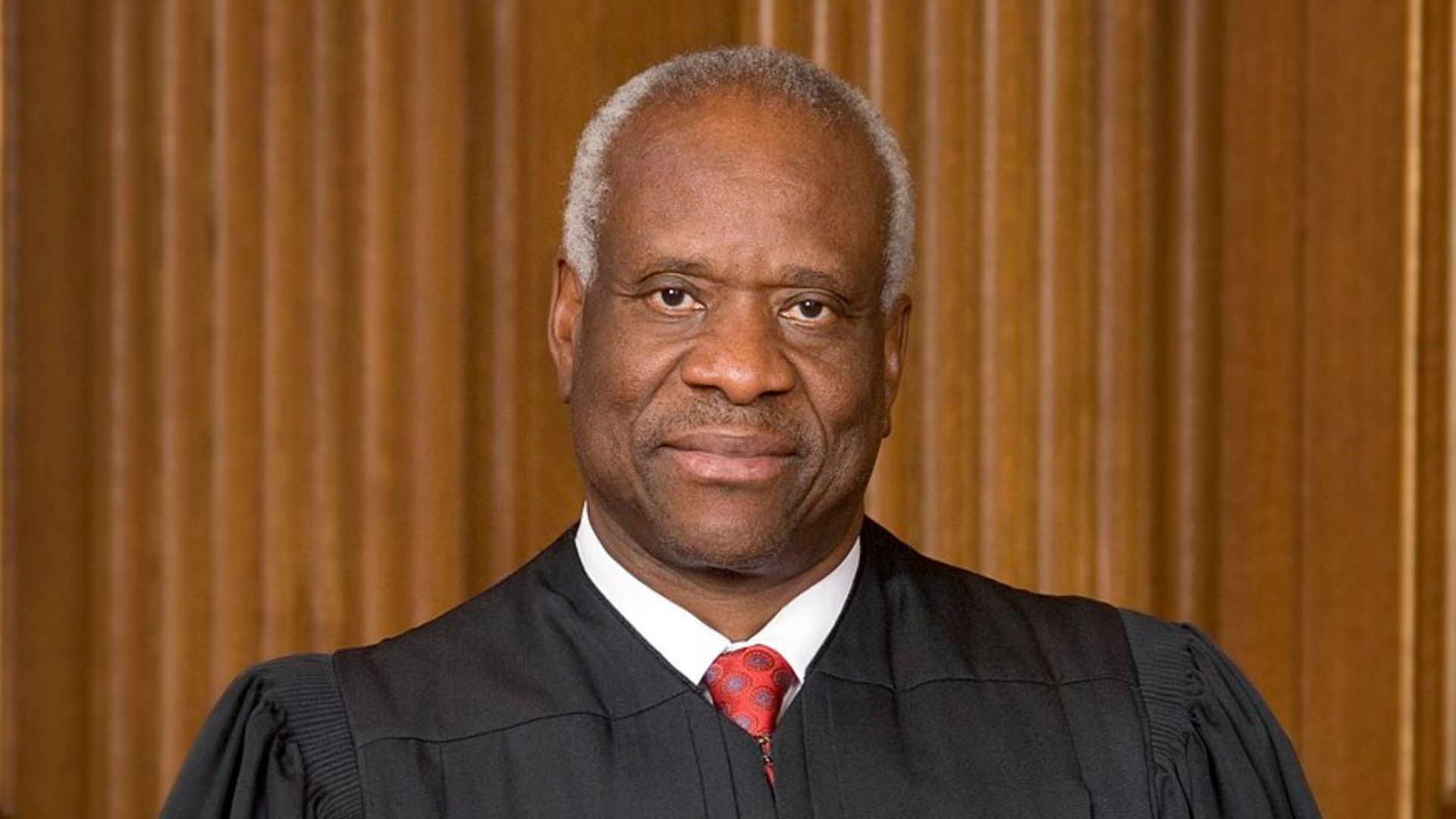
Justice Thomas is under the microscope for reportedly accepting luxury vacations and expensive gifts from affluent friends, which he allegedly didn’t list on his financial disclosures.
These revelations have thrown a spotlight on the transparency we expect from those at the highest levels of the judiciary.
Senators Point to Possible Legal Breaches
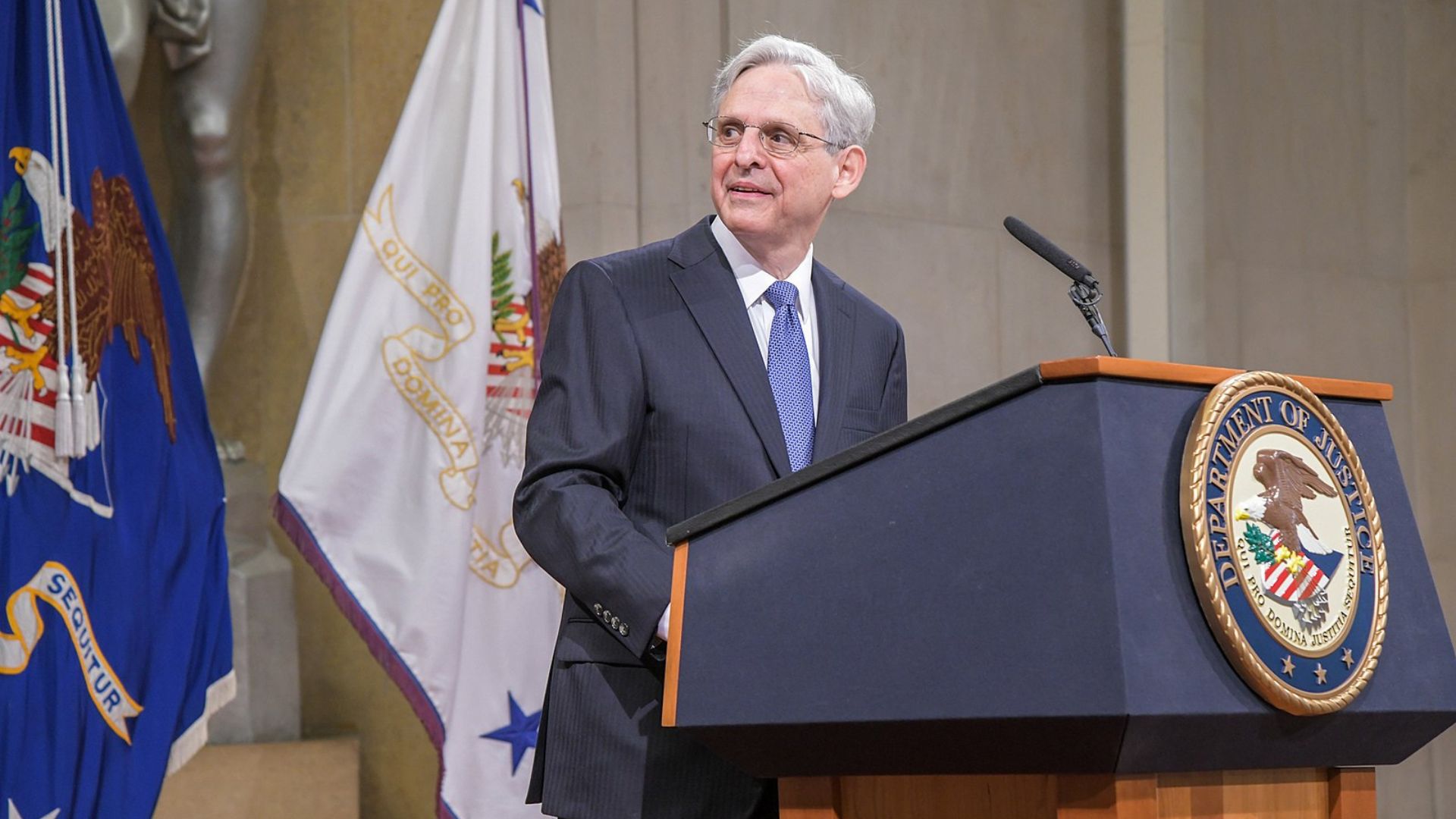
Senators Whitehouse and Wyden, in their letter to Garland, pointed out what they believe are violations of federal ethics and tax laws by Thomas.
They specifically referred to the Ethics in Government Act, highlighting it as a crime “to knowingly and willfully … fail to file or report” gifts and other income.
Questions Over Financial Disclosures
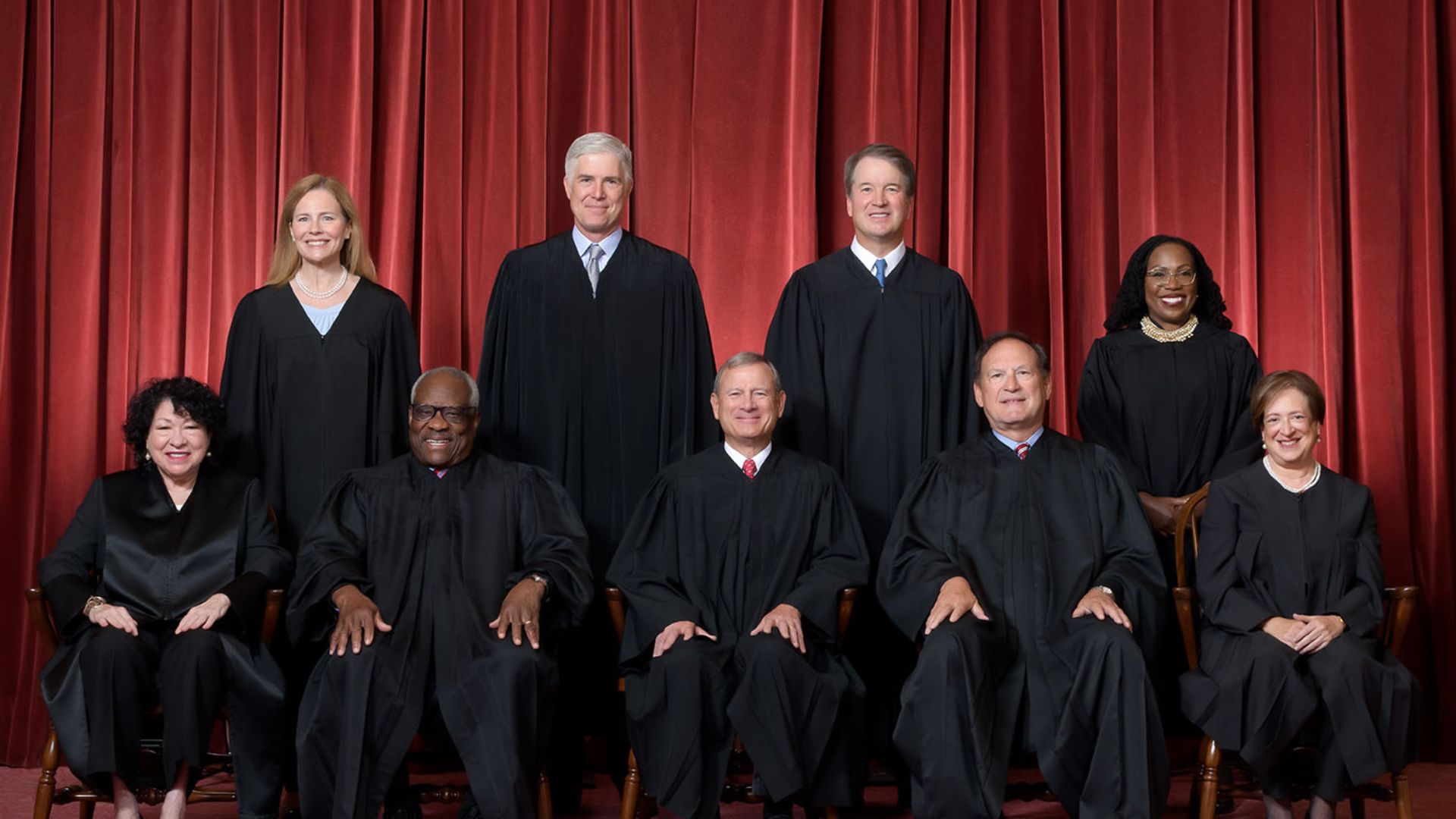
The senators’ letter meticulously details what they consider dubious omissions on Thomas’ financial disclosures, including trips and gifts that were not reported.
These omissions ignite debates over the legal and ethical obligations of Supreme Court justices to maintain public trust through transparency.
Financial Connections Under Examination
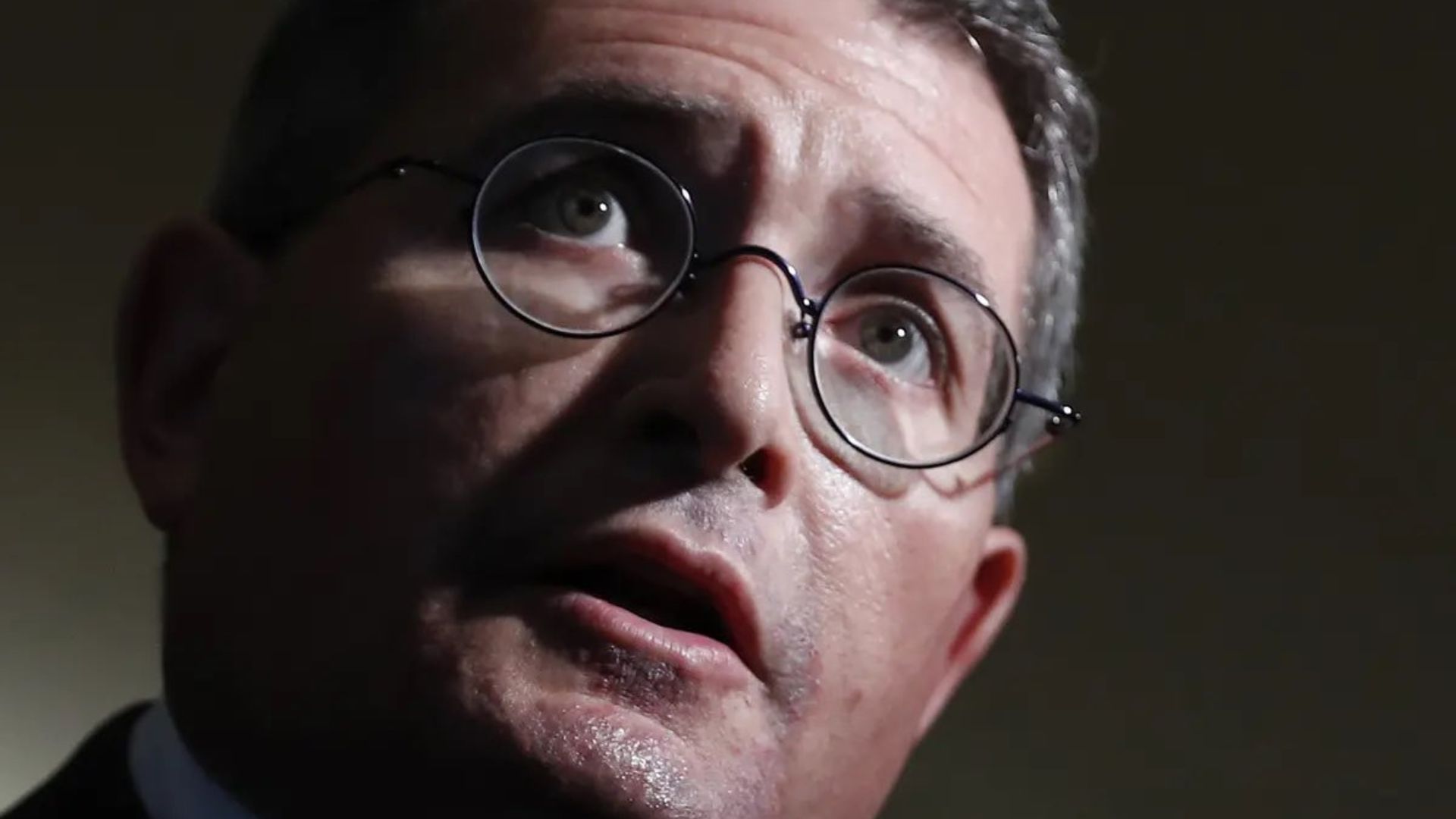
The spotlight also fell on payments to a consulting firm run by Thomas’ wife from Leonard Leo, a prominent right-wing judicial activist.
Moreover, they brought up concerns about a loan for a recreational vehicle, which reports suggest was not fully repaid by Thomas.
Allegations of Multiple Violations
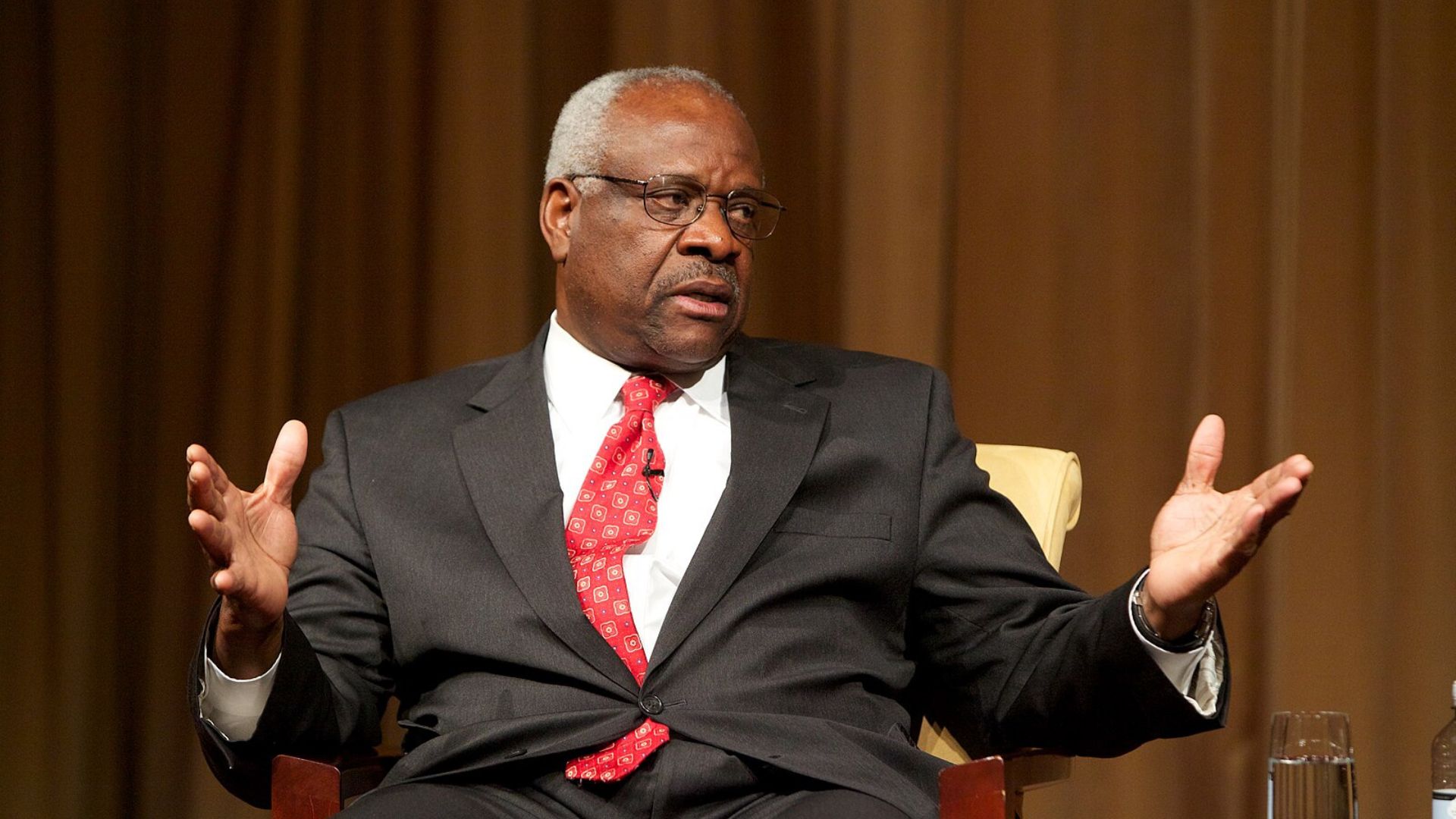
Whitehouse and Wyden suggest that Thomas may have breached not only the Ethics in Government Act but also federal tax laws and laws against making false statements.
These serious allegations call for a thorough examination of his financial and ethical practices.
Next Steps Depend on AG Garland
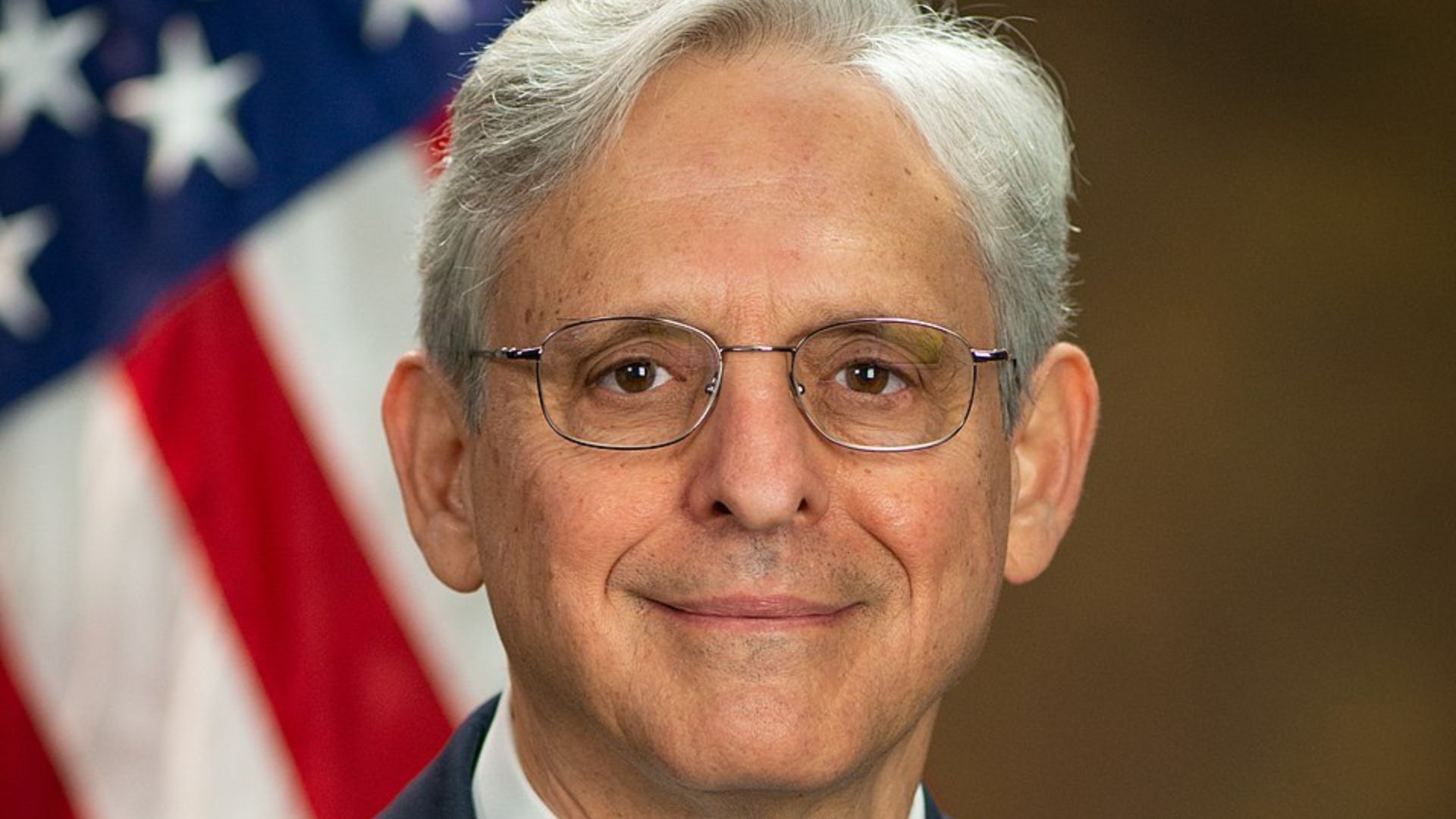
It’s now up to Attorney General Garland to decide if a special counsel will be appointed.
This decision is crucial as it could set a precedent for how ethical concerns at the highest levels are addressed.
Political Hurdles to Ethical Oversight
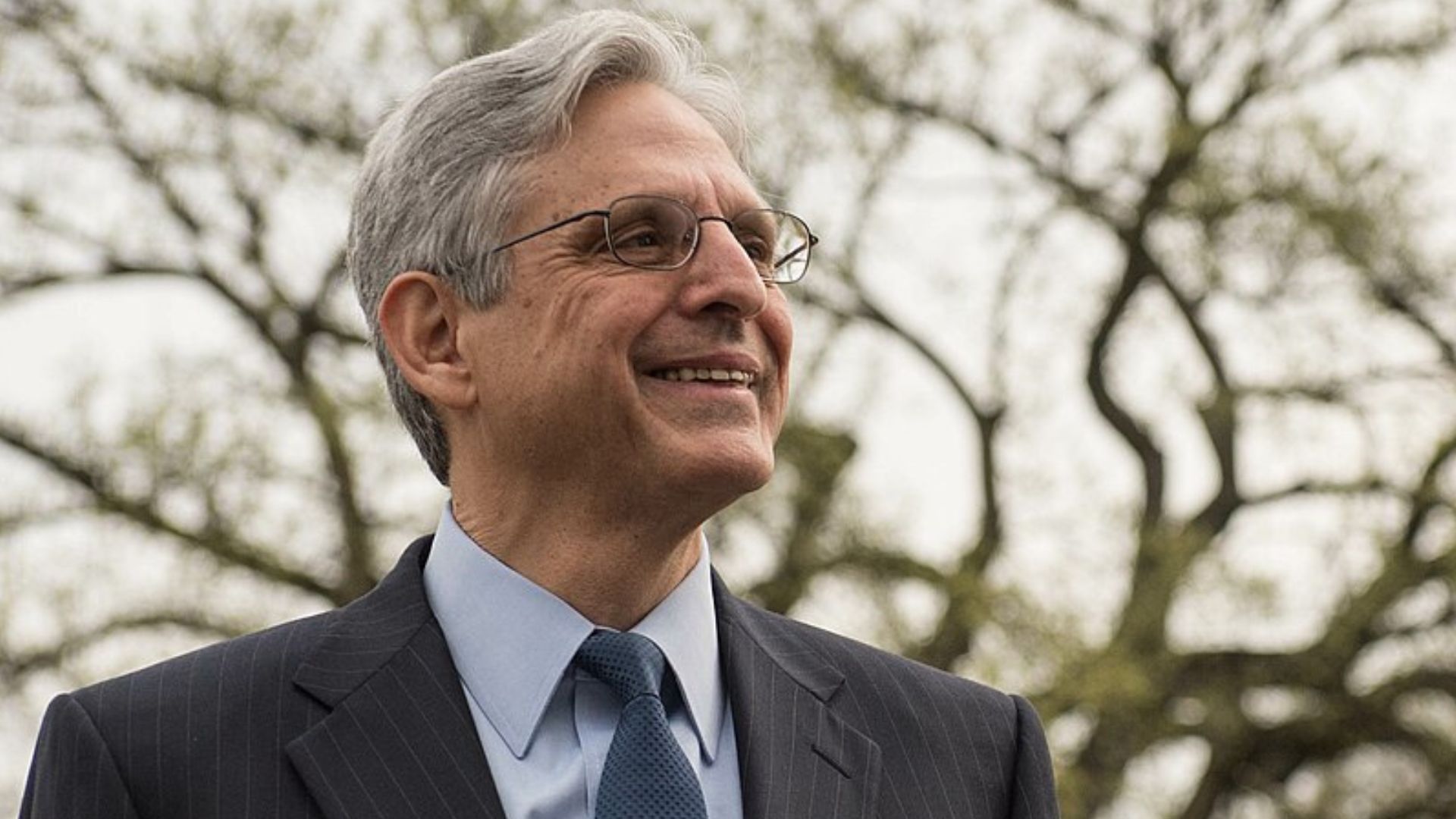
Should Garland opt not to appoint a special counsel, the senators will face significant obstacles in pursuing these ethical concerns.
This is due in part to political opposition, particularly from Republicans, against legislation mandating a code of ethics for Supreme Court justices.
Thomas Maintains His Innocence
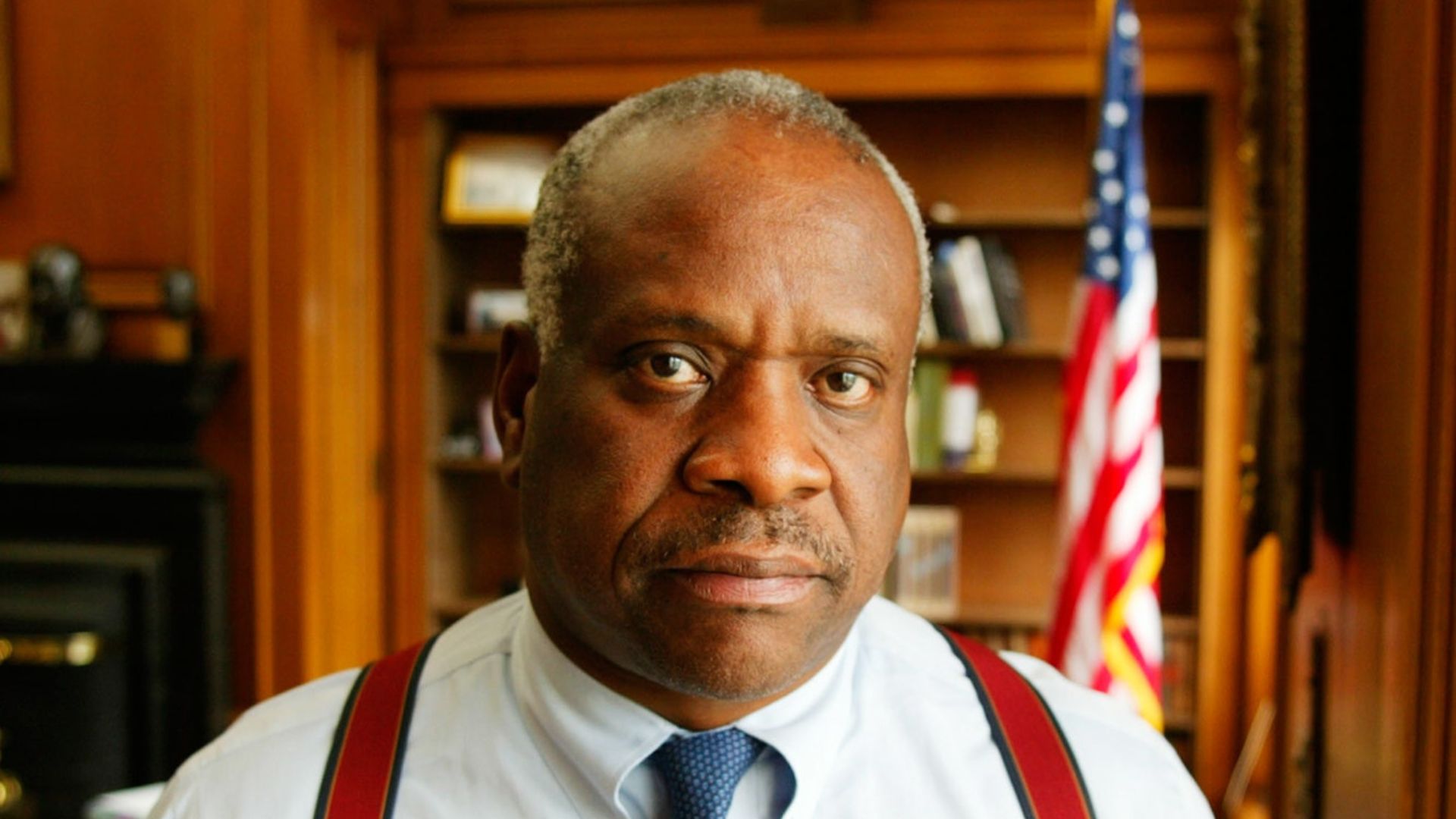
In his response to the allegations, Justice Thomas insisted he did nothing improper.
He explained that he saw the gifts as personal hospitality from close friends, which he believed were exempt from reporting under the guidelines provided to him.
Thomas’ Benefactor Defends Their Actions
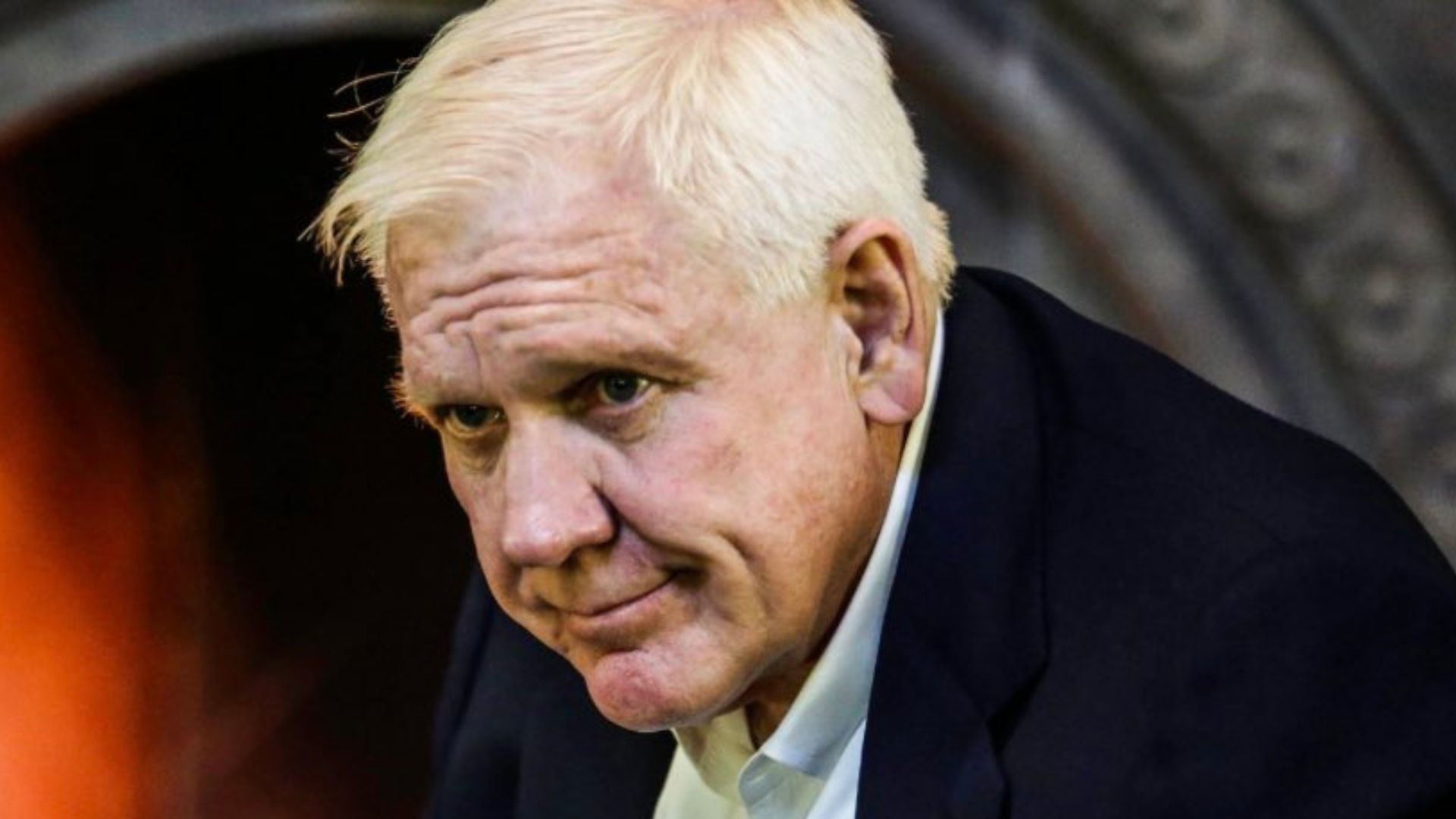
Harlan Crow, the real estate tycoon who has provided many of the gifts to Thomas, also defended his actions.
He asserted to The Atlantic in 2023 that he would never discuss judicial matters with Thomas, countering any suggestions of impropriety.
Ethical Concerns Aren’t Isolated
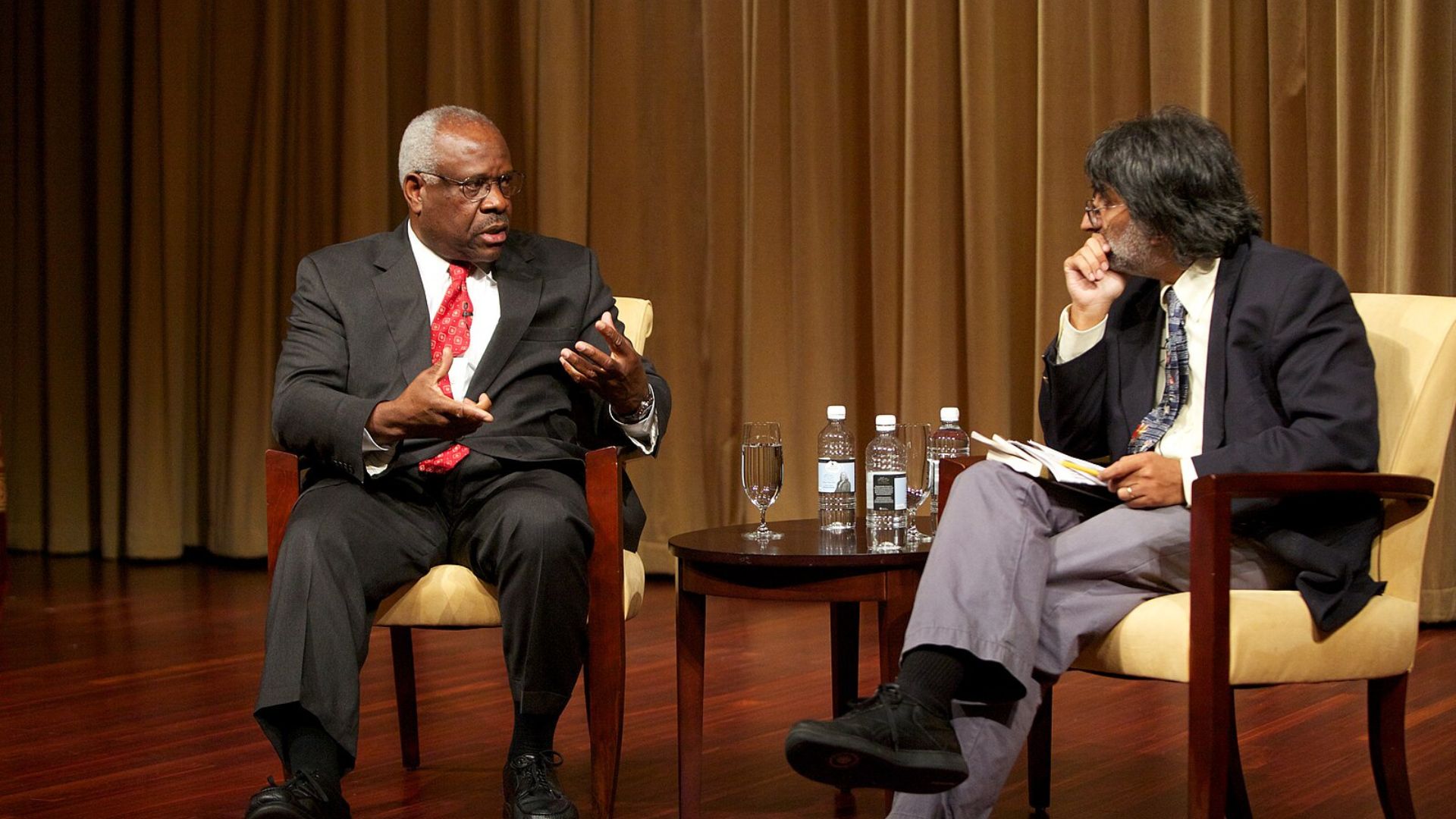
The ethical questions around Justice Thomas are part of a larger pattern of scrutiny facing other justices.
This ongoing issue has prompted broader discussions about whether the current ethical guidelines for the Supreme Court are sufficient.
Eroding Trust and the Push for Stronger Ethics
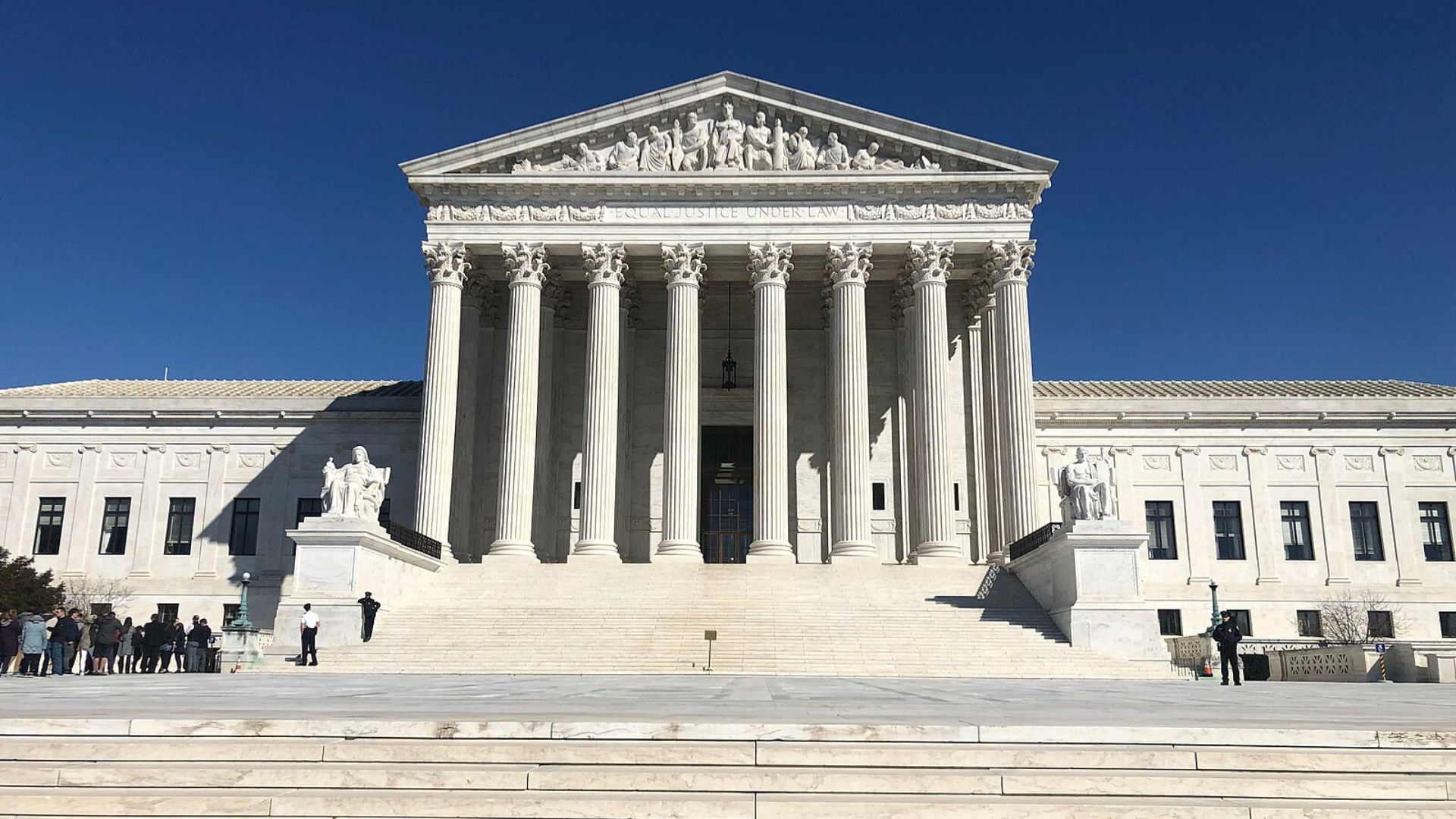
Recent scandals have significantly shaken public confidence in the Supreme Court, as reflected by a steep drop in poll numbers.
In response, Democratic lawmakers are ramping up their demands for a stronger and more enforceable ethics code for justices. However, there’s ongoing debate about whether the new code introduced is up to the task.
